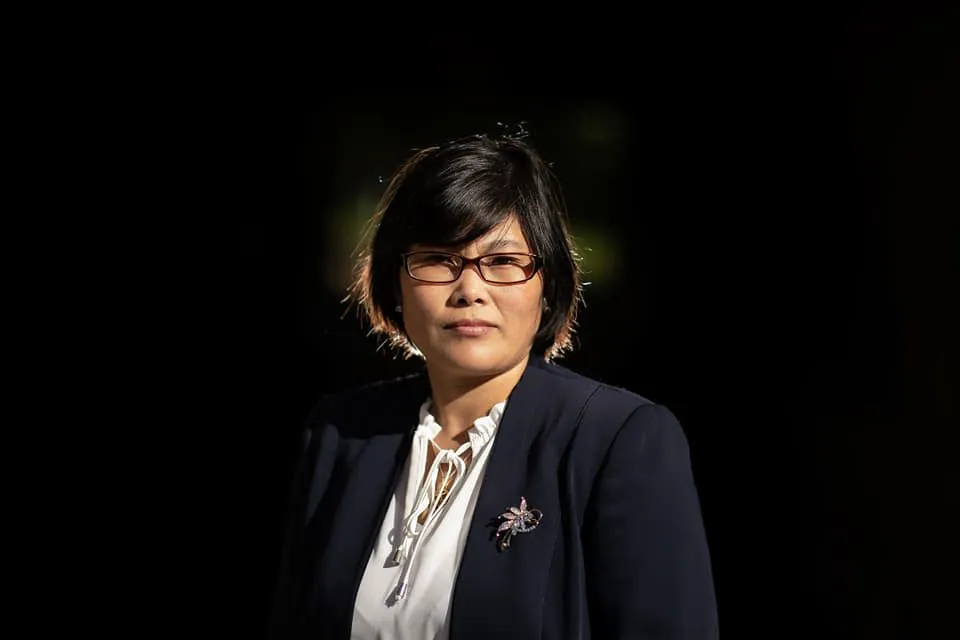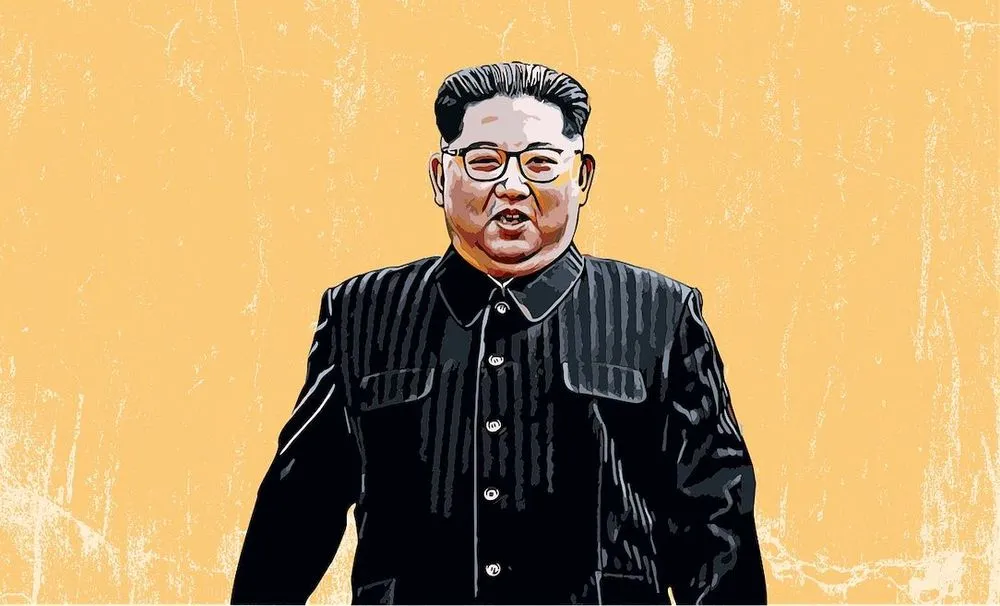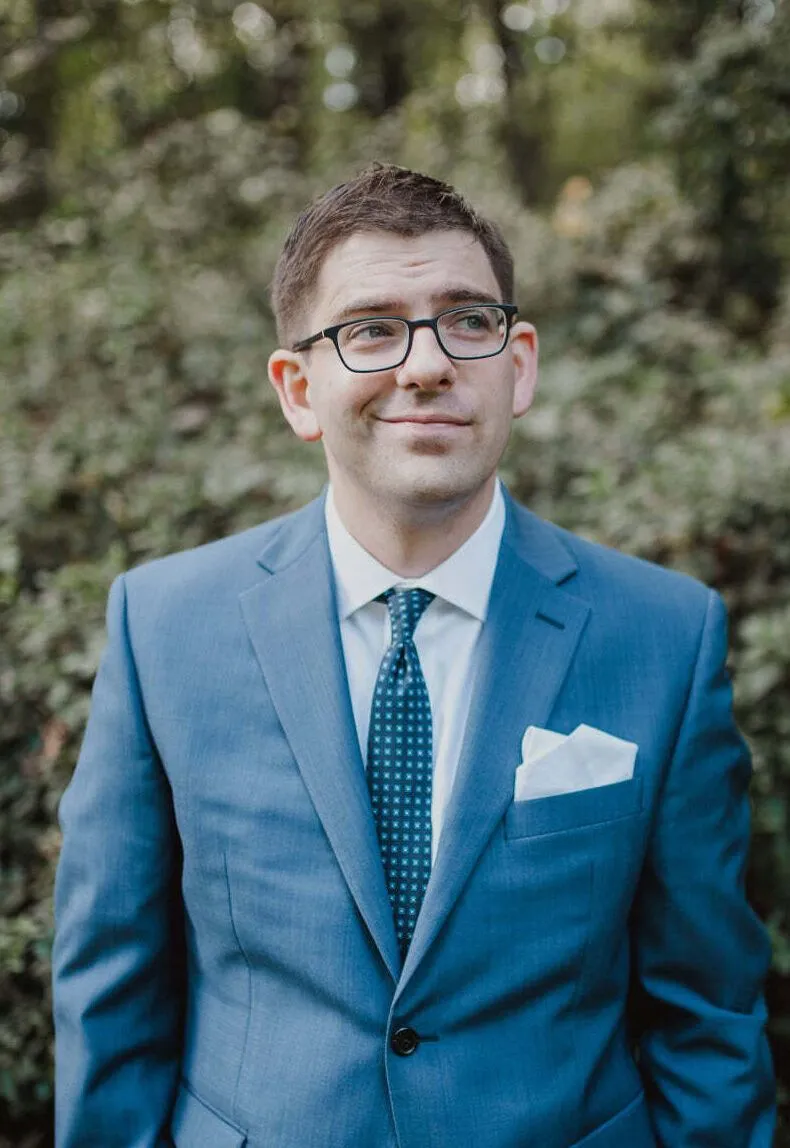Escape from North Korea: ‘Eggs on special days’
Jihyun Park fled from North Korea in winter, making her way across the frozen Tumen river with her younger brother in tow. “Our escape was my father’s last wish,” she told the Click Here podcast as part of this week’s episode on North Korean hacking.
For years, Pyongyang has been famous for its ‘supernote’ – an American $100-dollar-bill that was so good, the Treasury Department had to change how it printed the currency – and an obsession with the hard currency its needs to fund its nuclear arsenal..
In a wide-ranging interview, Park talked about growing up in North Korea, her harrowing escape, and how she went on to become a well-known human rights activist and political candidate in the United Kingdom. The discussion took place ahead of the release of her new book, “The Hard Road Out: One Woman’s Escape From North Korea.”
The interview has been edited and condensed for clarity.
CLICK HERE: What was life like growing up in North Korea?
JIHYUN PARK: When I lived in North Korea, I didn’t know anything about the world outside because the North Korean government controlled all the information. We believed what the government told us, things like telling us Kim Il-sung was the greatest leader in the world. We were like machines.
CH: We’ve heard that there are food shortages in North Korea and people don’t have enough to eat. What was your experience?
JP: In the early 1990’s, the government gave us rice twice a month. Everyone was entitled to specific amounts. We had five people in my household. A housewife, like my mother, would get 300 grams of rice a day. A student would get 400 grams a day. Workers, like my father, got 700 to 900 grams a day. We didn’t know anything different and we were always hungry. There was never enough to go around.
CH: Did you get protein, too?
On special days, the government would give us eggs and meat. So for example, on [former Korean leader] Kim Il-sung’s birthday, each person got two eggs. So, my family would get 10 eggs in total on that day. We might also get chicken or meat. They told us we are not meant to eat too much protein or meat.
CH: Do you remember when you first heard about North Korea’s weapons program?
JP: In the 1980s. That’s when Kim Il-sung first mentioned nuclear weapons. He said that Korea was now divided into two countries and South Korea was just an American colony so without some sort of weapons program, the North couldn’t fight the Americans. People never talked about the danger or cost of nuclear weapons – the regime brainwashed us.
Now that I understand, I’m really angry because my family respected the Kim family and we really worked hard for them, but they allowed us to starve. People were dying of hunger and illness, but the North Korean government never cared about us. Even now, they make nuclear weapons and missiles, but they never care about the people and they still don't have medicine for the people.
CH: You first escaped in 1998. Why did you go?
JP: My father was a member of the Workers' Party of North Korea and yet he saw terrible things. His brother died of starvation, the military came to our house and beat my younger brother. It made my father change his mind about the government and he told us to escape. It was my father’s last wish.
CH: How did you manage to leave?
JP: So my hometown is North Hamgyong province. Most North Korean people who escape cross into China using the Tumen or Yellow River. When I left, it was winter and very, very, cold. It was -27 or -30 degrees. The river was frozen and we walked across the top. Three North Korean soldiers shouted and opened fire, but we were out of range.
We crossed without knowing anything about China. I didn’t speak the language. But we didn’t really focus on that, we were all about survival.
CH: So once you’d crossed into China, what happened?
JP: I knocked on the door of a house, and a person answered and gave me white rice, eggs, and meat. I was really surprised because when I lived in North Korea, the government always told us China was a really poor country and that all its people had to eat was soup and bread, while North Korean people were lucky enough to eat rice every day. That was a total lie.

The man who gave us a meal told me that because this was a border area, it wasn’t safe. There was gunfire on the other side of the border and he said come morning Chinese police may search for North Korean crossers. We were very scared and I asked him, “What do we do?” He said his plan was to help us, and so he contacted his friend, and an hour later his friend came to us and then we moved to another place.
It turns out this man was a human trafficker, but we didn't know that at the time. I was eventually sold into a forced marriage and I had a son. He was born in China in the 1990s and we lived there until I was found to be an illegal immigrant in China and returned to North Korea.
CH: What did you do?
JP: China and North Korea had agreed not to harbor refugees from each other’s countries. So as soon as we entered China, we were considered ‘illegal migrant.’ China is a communist country, so their system is similar to North Korea’s so if someone told the police that illegals were there, they’d give them a reward and arrest us. The rewards were more than a monthly salary, so someone turned me in and they arrested me.
My son was considered a stateless child even thought his father was Chinese because I was a North Korean mother. So I was sent back to North Korea without him.
CH: What happened upon your return?
JP: Everyone towed the government line. The police didn’t look at us like we were human. They looked at us like we were animals. They’s say ‘You are just an anti-socialist person because you escaped North Korea.’ Nobody welcomed me. Everyone hated me. Nobody allowed me inside their homes and nobody gave me any rice or water. They said we betrayed the country.
CH: They thought of you as a counter revolutionary because you dared to leave North Korea.
JP: Yes. And they sent me to prison.
CH: To a labor camp…. How long were you there?
JP: I was lucky. I only stayed three months because I had an injury. My leg was swollen and I was near death. The prison released me because they said, “You can’t die inside the camp. Just die outside.” That’s why they released me.
I survived because I wanted to be reunited with my son. I couldn’t lose my family again.
CH: You managed to escape again and eventually relocated to the United Kingdom where you now do human rights work. When you see that North Korea is hacking and stealing money to support its weapons program, how do you react?
JP: Angry, very angry. The North Korean government is stealing money, then using it to make nuclear weapons and also missiles. Its own people are being tortured and starving, there are concentration camps that still exist. It’s clear the North Korean government doesn’t care about human life.
Dina Temple-Raston
is the Host and Managing Editor of the Click Here podcast as well as a senior correspondent at Recorded Future News. She previously served on NPR’s Investigations team focusing on breaking news stories and national security, technology, and social justice and hosted and created the award-winning Audible Podcast “What Were You Thinking.”
Sean Powers
is a Senior Supervising Producer for the Click Here podcast. He came to the Recorded Future News from the Scripps Washington Bureau, where he was the lead producer of "Verified," an investigative podcast. Previously, he was in charge of podcasting at Georgia Public Broadcasting in Atlanta, where he helped launch and produced about a dozen shows.




